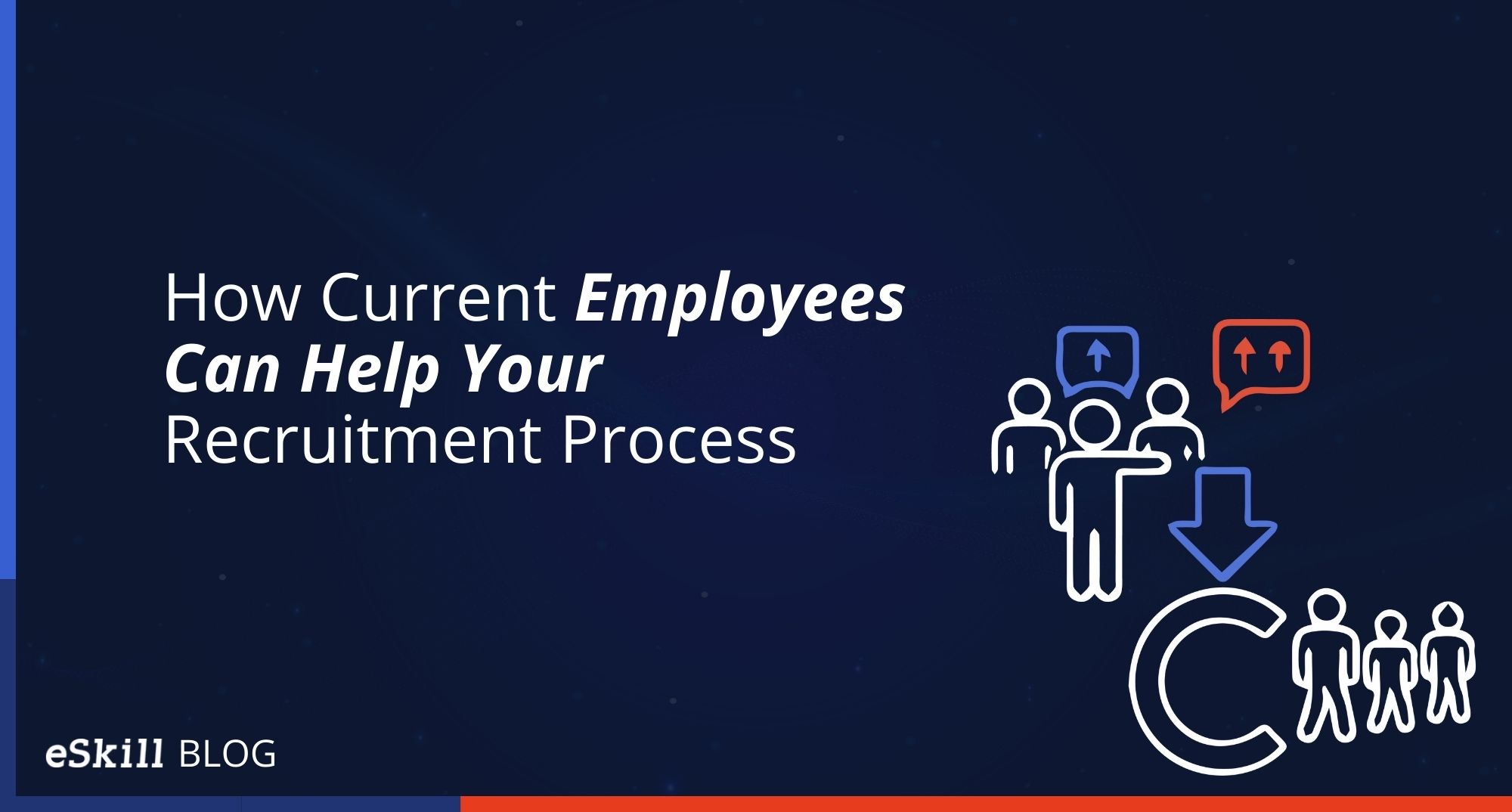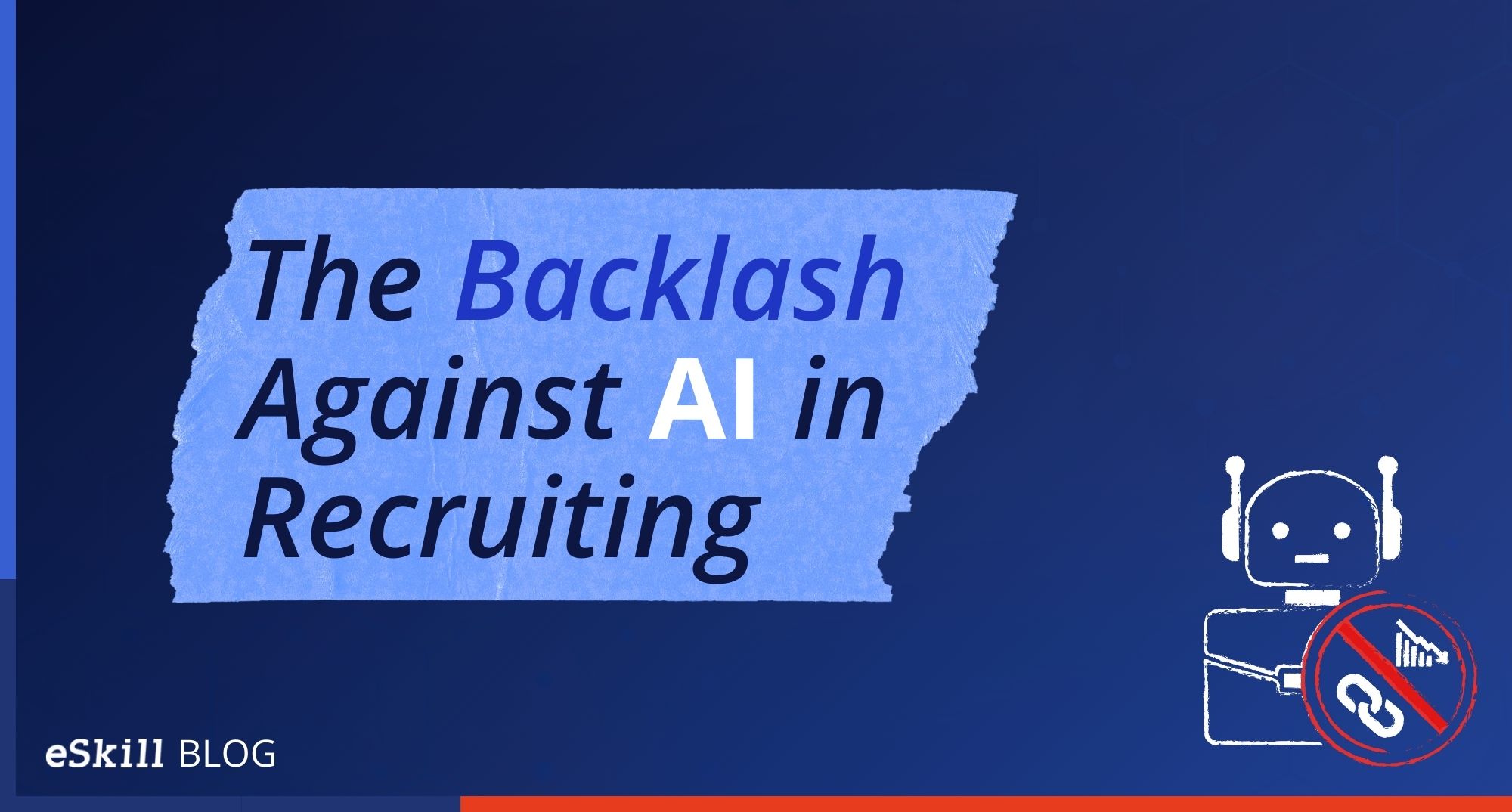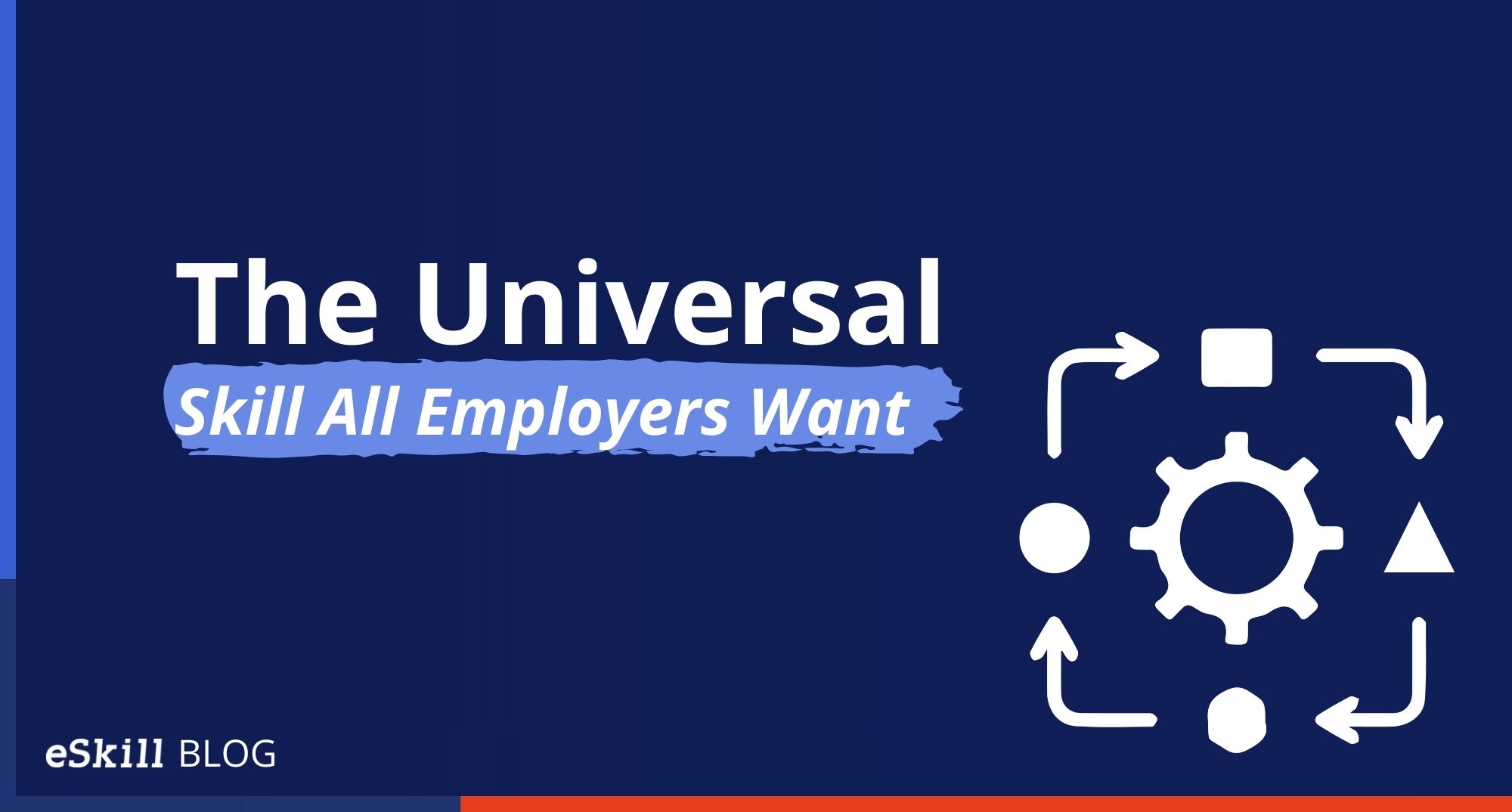Finding quality talent can be the most difficult task a recruiter’s faces. Recruiting starts with sorting through dozens or sometimes hundreds of applications. But after narrowing down your options, do you pre-screen the candidates with a skills-assessment test What kind of questions should you ask? When it’s time for the interview process to begin, who do you involve? Once you’ve found the perfect candidate, how can you ensure they are happy and want to stay with your company?
These are all great questions, and utilizing one major asset can help you answer all of them – your current employees. They can help with referring qualified candidates, giving a fresh opinion during the interview process, mentoring new employees, and even providing valuable feedback both during and after the recruitment process. When it is time to hire someone new, take advantage of the resources right in front of you.
Employees Referring Candidates
A current employee knows what it takes to get a job done better than anyone else. He or she also has a wide, potentially untapped network of friends, family, and acquaintances from which top talent can emerge. Consider establishing an employee-referral program that incentivizes employees to recommend people they know for open positions. These incentives can be as simple as an extra half-day of annual leave, a monetary bonus, or a gift certificate, especially if the person they recommended stays at the job for a predetermined amount of time. Ask employees to mention job openings through their social-media networks by sharing opportunities on these platforms as appropriate. Additionally, encourage them to keep their eyes and ears open at networking events for potential top talent.
Employees Participating in Interviews
Once a hiring manager sorts through all the resumes for a job opening, the next step is the interview. After an initial interview with the hiring manager, maybe even over the phone, the best candidates are invited to an in-person interview. This interview could serve as a good chance for current employees to assess the candidates as well. For example, you could set up an interview for the candidate with a few key employees who would be working alongside him or her, and then take their input into consideration when deciding who to hire. After all, they’re the ones who will be working day-to-day with this person, and they often know what it takes to excel. As a result, their opinion can be valuable.
Employees Acting as Mentors
One of the most important parts of recruiting is ensuring that the candidates who are hired will perform well in their jobs and within the company overall. Reducing the turnover rate is extremely important, and current employees can play a significant role in this reduction. Consider implementing an employee-mentorship program, where current employees guide new employees throughout the onboarding process. This program can help new employees navigate the company and get up to speed faster over the first few months. This assistance will help their transition, enable them to make friends with their colleagues, and increase company loyalty while decreasing turnover. Plus, implementing this program also allows you to get a stronger group of team players who have had a chance to learn from each other and are more likely to work better together over time.
Employees Providing Feedback
Finally, current employees can prove invaluable into offering constructive feedback, both before and after a candidate is hired. Before hiring, employees can provide their opinions on candidates’ scores on pre-employment assessment tests. No one knows the skills necessary for a job better than the employees already involved, so consider asking them for input on the types of skill tests and other assessments that applying candidates should complete. Once candidates are hired, ask your employees for their feedback once again about the new employee’s performance. These conversations are especially important to conduct with the new employee’s direct supervisors, who will have insight about how the onboarding process went, how he or she is performing, and whether he or she was the right pick for the job.
Have you ever involved current employees in your recruitment process? How did you engage them and at what stage – recruiting, interviewing, mentoring, or providing feedback? What was the result?
Talk to sales






